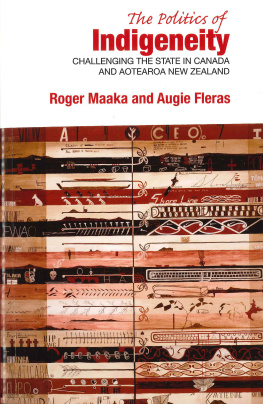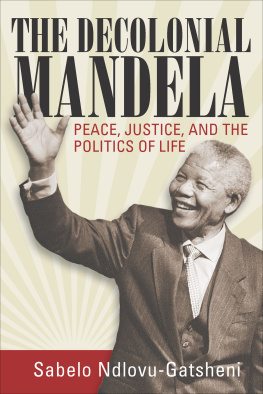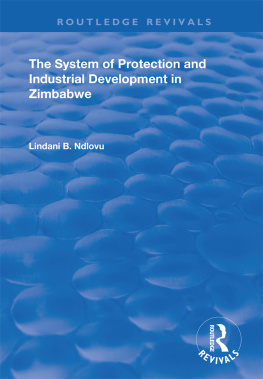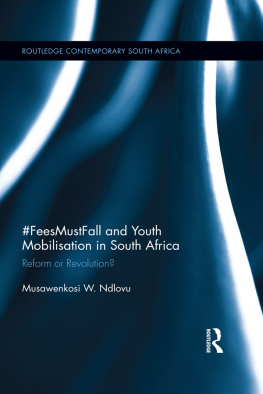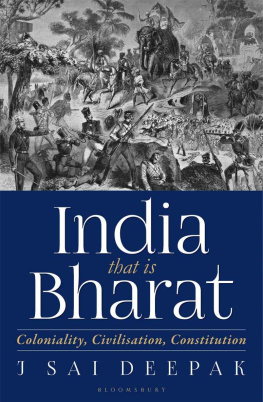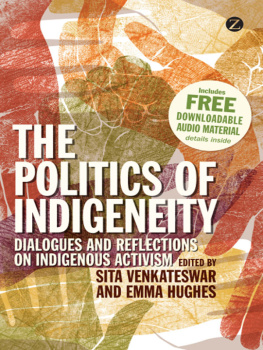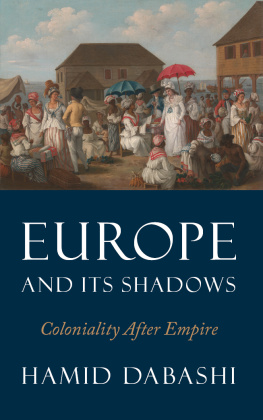
Performing Indigeneity
Decolonial Studies, Postcolonial Horizons
Series editors:
Ramn Grosfoguel (University of California at Berkeley)
Barnor Hesse (Northwestern University)
S. Sayyid (University of Leeds)
Since the end of the Cold War, unresolved conjunctures and crises of race, ethnicity, religion, diversity, diaspora, globalization, the West and the non-West, have radically projected the meaning of the political and the cultural beyond the traditional verities of Left and Right. Throughout this period, Western developments in international relations have become increasingly defined as corollaries to national race-relations across both the European Union and the United States, where the reformation of Western imperial discourses and practices have been given particular impetus by the war against terror. At the same time hegemonic Western continuities of racial profiling and colonial innovations have attested to the incomplete and interrupted institutions of the postcolonial era. Today we are witnessing renewed critiques of these postcolonial horizons at the threshold of attempts to inaugurate the political and cultural forms that decolonization now needs to take within and between the West and the non-West. This series explores and discusses radical ideas that open up and advance understandings of these politically multicultural issues and theoretically interdisciplinary questions.
Also available
Religion Without Redemption:
Social Contradictions and
Awakened Dreams in Latin America
Luis Martnez Andrade
Queer Lovers and Hateful Others:
Regenerating Violent Times and Places
Jin Haritaworn
Rewriting Exodus:
American Futures
from Du Bois to Obama
Anna Hartnell
Faith and Resistance:
The Politics of Love and
War in Lebanon
Sarah Marusek
The Dutch Atlantic:
Slavery, Abolition and Emancipation
Kwame Nimako
and Glenn Willemsen
Islam and the Political:
Theory, Governance and
International Relations
Amr G. E. Sabet
The Politics of Islamophobia:
Race, Power and Fantasy
David Tyrer
Performing
Indigeneity
Spectacles of Culture and
Identity in Coloniality
Morgan Ndlovu
First published 2019 by Pluto Press
345 Archway Road, London N6 5AA
www.plutobooks.com
Copyright Morgan Ndlovu 2019
The right of Morgan Ndlovu to be identified as the author of this work has been asserted by him in accordance with the Copyright, Designs and Patents Act 1988.
British Library Cataloguing in Publication Data
A catalogue record for this book is available from the British Library
ISBN 978 0 7453 3859 0 Hardback
ISBN 978 1 7868 0385 6 PDF eBook
ISBN 978 1 7868 0431 0 Kindle eBook
ISBN 978 1 7868 0430 3 EPUB eBook
This book is printed on paper suitable for recycling and made from fully managed and sustained forest sources. Logging, pulping and manufacturing processes are expected to conform to the environmental standards of the country of origin.
Typeset by Stanford DTP Services, Northampton, England
Simultaneously printed in the United Kingdom and United States of America
For my daughters
Busisiwe Ndlovu and Nonkululeko Ntombifuthi Ndlovu
Contents
Acknowledgements
The writing of this book involved the assistance and support of numerous individuals and organizations that I may not be able to recognize within the space available. I would like to express my most sincere gratitude to the University of South Africa (UNISA) for providing me with funding and leave under the Vision-Keepers Program that enabled me to write this book while hosted by the Monash Universitys Center for Indigenous Studies between 1 February and 30 April 2018. Thus, in the same vein, I extend my gratitude to the Director of Monash Indigenous Studies Centre, Professor Lynette Russell and her Deputy Director, Professor John Bradley for hosting me at the centre and providing that much-needed mentorship during the process of writing the book. During my visit to the Monash Indigenous Studies, I have enjoyed academic discussions with my former doctoral supervisor, Professor Julian Millie, who provided valuable advice and insights on this book.
My appointment as an expert in national heritage matters by the National Heritage Council of South Africa between 1 November 2016 and 30 October 2019 provided me with a rare opportunity and platform to explore the rich South African cultural landscape.
My special appreciation also goes to the research participants whose views and perspectives not only helped me to develop the empirical part of this book, but also gave me an opportunity to learn a great deal from them. It is my hope that you will find your views accurately captured and presented in a respectable manner.
To my fellow Africa Decolonial Research Network members, I thank you for your ideas that sharpened my understanding of the workings of decoloniality as a field of scholarship. In this regard, I would like to thank my mentors in decoloniality, including: Professor Sabelo Ndlovu-Gatsheni at UNISAs Change Management Unit, Professor Finex Ndlovu at the University of New England (Australia), Professor Kgomotso Masemola at UNISAs Department of English Studies and Professor Siphamandla Zondi at the University of Pretorias Political Studies Department. I am also grateful to the whole community of critical scholars: Ms Pinky Nkete-Ndlovu, Dr Blessed Ngwenya, Dr Nokuthula Hlabangane, Dr Edith Phaswane, Dr Robert Maseko, Ms Josephine Malala, Ms Zodwa Hadebe, Ms Nwabisa Sigaba, Professor Tendayi Sithole, Professor Puleng Segalo and Mr Dumisane Methula, all from UNISA.
My special thanks also goes to Dr Sifiso Ndlovu-Gatsheni, Dr Sibo-nokuhle Ndlovu-Wadenga, Dr William Mpofu, Professor Melissa Steyn, Dr Haley McEwen and Mr Alois Sibanda, all from the University of the Witwatersrand, as well as Dr Eric Nyembezi Makoni from the University of Johannesburg. Finally, I would like to thank my wife, Mrs Khethiwe Nkabinde-Ndlovu, who has always been my pillar of support in good and bad times. To God be the Glory!
1
Introduction: Why Performing Indigeneity Matters
The Afro-Caribbean philosopher Frantz Fanon describes the challenge he faced during his interaction with the white world, in which he felt that he was expected to behave like a black man or at least like a nigger, in contrast to his own expectation of behaving like a man like a normal human being (Fanon ([1952] 1967: 114). This resulted in a secreting of race, in what he calls secreting blackness, because he had to hide that which he was and perform that which he was not, only to suit the expectation of another man, in this case, a white observer. This is an example of the performance of indigeneity, which is the focus of this book. In these pages, I explore the construction and performance of indigeneity, which can take various forms, some overt (as in performances for tourists), and others more subtle, and the role that such performances of indigeneity play in the perpetuation or dismantling of power structure(s) of modernity/coloniality1 today.


